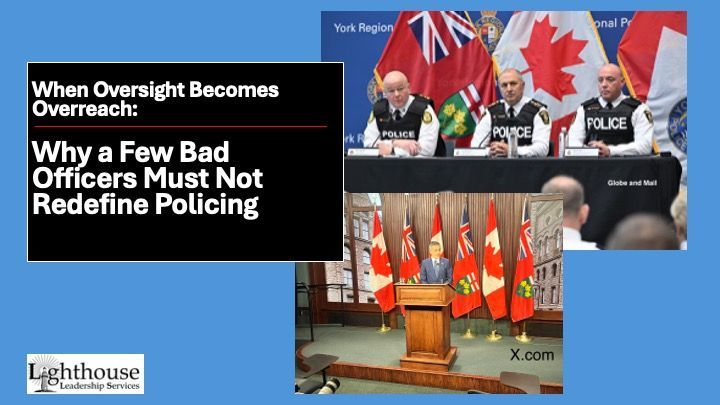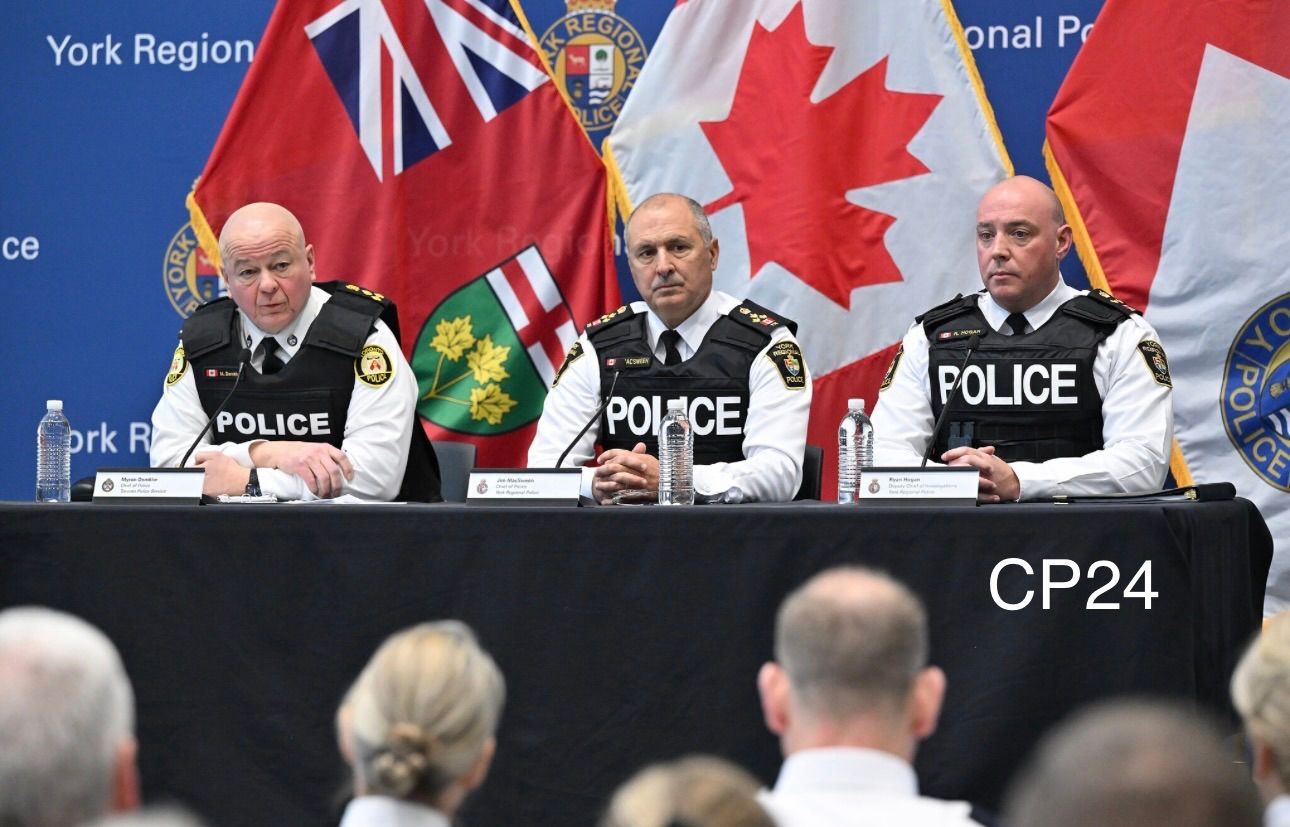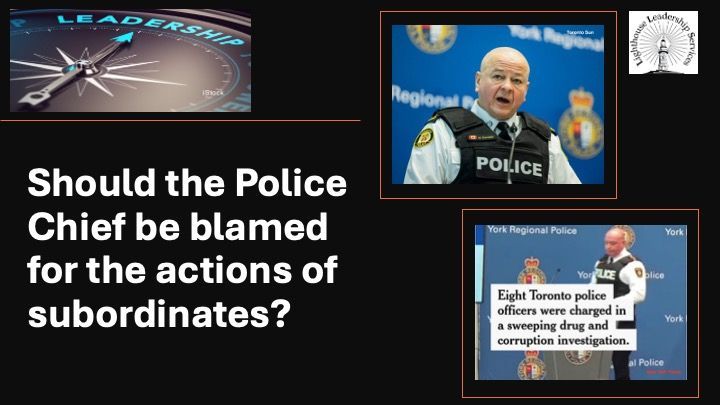New Paragraph

Has society become desensitized to critical issues?Or have our priorities gone completely awry? Perhaps both?
For example, it is truly awful that five people lost their lives in the North Atlantic while riding in a private company’s unsafe submersible, having paid hundreds of thousands of dollars to tour the aquatic gravesite of the RMS Titanic. But it became international news fodder for days while taxpayers from several countries paid millions upon millions of dollars to try and rescue these folks who had knowingly put their own safety at risk.
Don’t get me wrong. Of course they had to search and try to save those lives. We always do and always will. We don’t abandon ill-prepared and -equipped hunters who get lost in the bush because of their economic class.
My point here is that we won’t spend money on critical issues, and we don’t give attention to the plight of those who aren’t living the lifestyles of the rich and famous. Would the entire international community respond en masse to a sinking boatload of Cuban immigrants? And would it top the media cycle for four straight days?
If we collectively put half the North American media and public focus and funding used during the Titan implosion on vulnerable people, crime prevention, homelessness and policing alone, we’d save many more lives than five.
What else was going on concurrently last week that received little leading news coverage, no public fury and a complete lack of tax dollar commitment to prevent a recurrence?
In North America alone, kids are being abused, going to school hungry, and being led down a path where drugs and crime will become their only option in life, each and every day. Unhoused people, and those affected by mental health issues and or addictions, are living on sidewalks or in encampments. Violent crime is increasing in both urban and rural areas. On average there is more than one mass shooting per day in the United States. Canada’s numbers are much less stark, but remain concerning.
Schools are attacked and kids killed or forever traumatized with regularity. Seventy-five people were shot in Chicago last weekend alone – 14 of them fatally. Hundreds of refugees drowned in the Mediterranean Sea last week as they fled their homelands for better lives. That tragedy received only an infinitesimal amount of media coverage in comparison to the deaths of the billionaire adventurers.
More cops have been murdered in Canada in the past year than in any other year in history. Almost daily a police officer is shot in the U.S. At the same time so many continue to call to “defund police” and therefore impact officer safety and put prevention and community safety programs at risk. Where is the broad public outcry and headline news? We hardly ever talk about those societal issues comparatively.
Then there’s never-ending, nauseating government waste; spending more public funds on issues in other countries than on our own social service agencies, homelessness and our veterans; the vilification of police – sometimes by elected officials, including pulling them from schools; getting soft on crime; scales of justice that almost always tips towards criminals – giving more rights to them than to their victims and to the police who are trying to prevent violence and victimization. I could go on.
In one 24-hour period last year I watched a police funeral for two fallen Edmonton Police heroes that were shot and killed. These fine young men represented the eighth and ninth murders of Canadian police officers in seven months. Just before their funeral service began, news from the U.S. emerged regarding another mass shooting at a school, with three children and three adults dead. The shooter there was quickly shot and killed by responding Nashville police. Shortly thereafter, a Sergeant in the Sûreté du Québeclost her life after being stabbed while arresting a suspect in Louisville, Que. She was the second female officer murdered in Canada since RCMP Constable Shaelyn Yang was killed in Burnaby B.C. in last October.
As CTV’s Public Safety Analyst, in years gone by, I would have received numerous calls for interviews from the network TV and radio stations regarding each of these horrific events. But I didn’t. I only received a few calls regarding the huge Edmonton funeral.
Please know I am not complaining about a lack of work. Not at all. But it is simply an indicator to me that things have changed dramatically in the nine years I’ve been on contract to Bell Media. The public is getting desensitized to real public safety and socio-economic issues and mainstream news reporting that is unbiased and verified.
Why? Have we as a society hardened ourselves to public acts of violence? Has there been so many mass shootings, suicides, fentanyl deaths, mental health crises and cops being killed for no other reason than their uniforms, that we don’t react with the same shock, awe and thirst to fix it? Do we now take those tragedies and horrendous issues impacting large segments of society for granted as being inevitable life events and the new norm?
God, I hope not, but once again, I’m not optimistic.
Chris Lewis served as Commissioner of the Ontario Provincial Police from 2010 until he retired in 2014. He can be seen regularly on CTV and CP24 giving his opinion as a public safety analyst.




